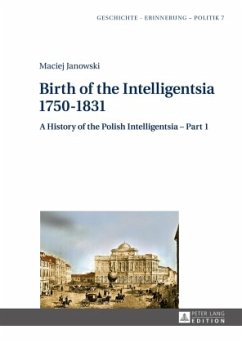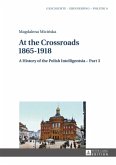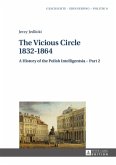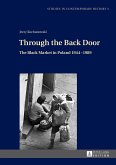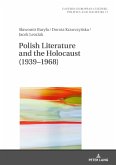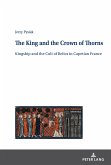The three-part work provides a first synthetic account of the history of the Polish intelligentsia from the days of its formation to World War I. Part one (1750-1831) traces the formation of the intelligentsia as a social class in the epoch of Enlightenment. It stresses the importance of the birth of bureaucratic institutions that created the demand for the educated stratum. It analyses the results of the collapse of the Polish-Lithuanian Commonwealth in 1795 - the ominous event that transformed the political geography of East Central Europe. The work combines social and intellectual history, tracing both the formation of the intelligentsia as a social stratum and the forms of engagement of the intelligentsia in the public discourse. Thus, it offers a broad view of the group's transformations which immensely influenced the course of the Polish history.
«Die insgesamt sehr flüssig geschriebenen Bände stellen auch für einen nicht auf die Ideengeschichte des 19. Jahrhunderts spezialisierten Leser eine sehr gut nachvollziehbare Darstellung der Gruppe dar, die für die gesamtgesellschaftlich-kulturelle, aber auch politisch-nationale Entwicklung zentrale Weichenstellungen vorgenommen hat. [...] Insgesamt handelt es sich um eine Synthese zur polnischen Gesellschafts- und Geistesgeschichte, die bereits jetzt zu einem Standardwerk geworden ist.»
(Heidi Hein-Kircher, Jahrbücher für Geschichte Osteuropas 6/2016)
(Heidi Hein-Kircher, Jahrbücher für Geschichte Osteuropas 6/2016)

